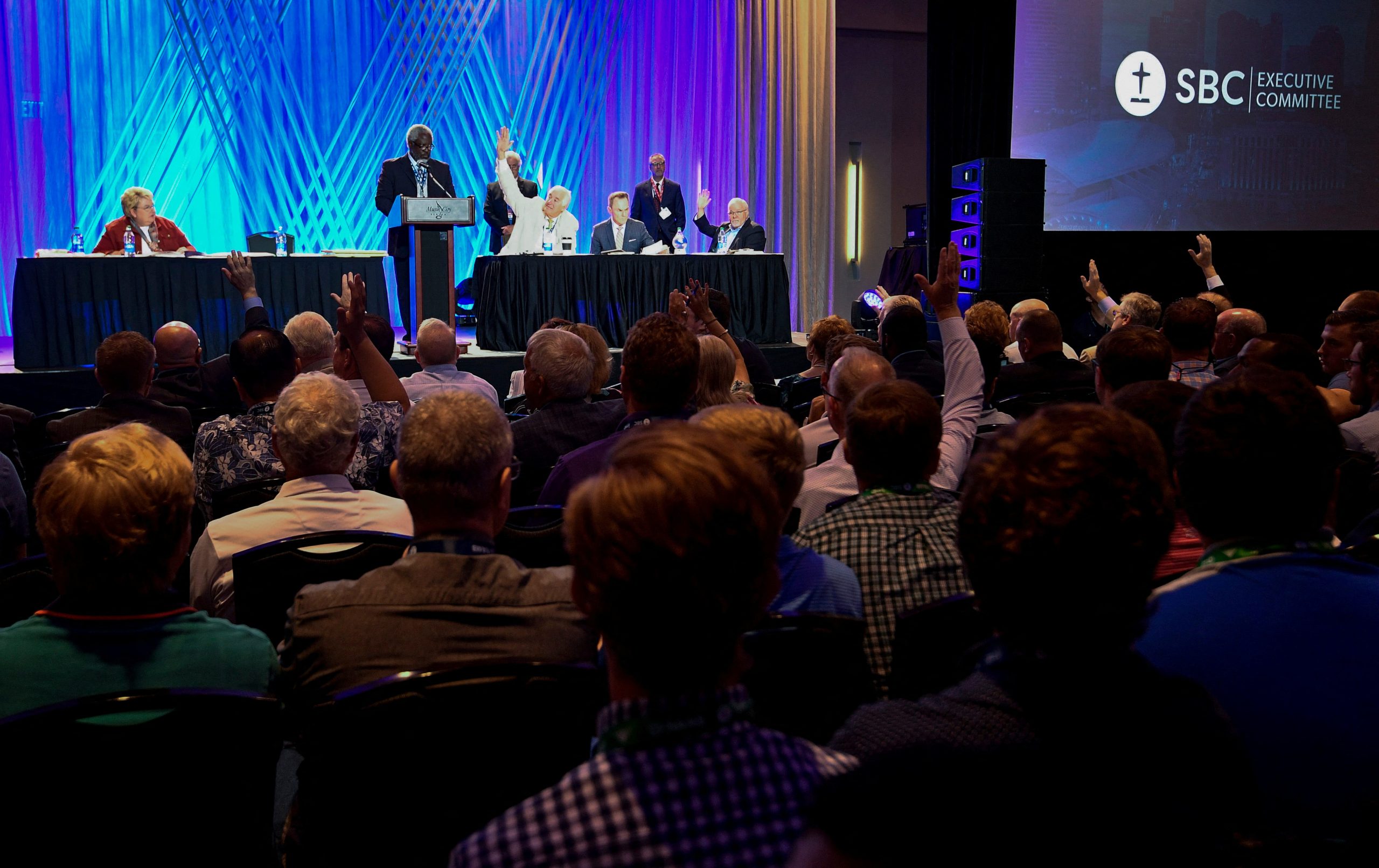
Matt Bush, FISM News
[elfsight_social_share_buttons id=”1″]
The 2022 Southern Baptist Convention (SBC) was as controversial as any have been in the past few years. Against a backdrop of a sexual abuse scandal that has rattled the largest evangelical denomination in America, the group passed a contentious pro-life resolution.
Resolution 7, called “On Anticipation of a Historic Moment In the Pro-Life Movement,” was passed in anticipation of the likely overturn of Roe v. Wade by the Supreme Court sometime in July.
The controversy was not about whether or not the SBC should be a pro-life denomination, that issue has been settled since its beginnings. In fact, since 1971 there have been no less than 27 pro-life or anti-abortion resolutions passed by the SBC. The SBC has been clear about its stance on the issue.
The controversy is between a group known as “abortion abolitionists” and those who support “incrementalism” when it comes to fighting against abortion. Both sides are pro-life in their beliefs, but quite different in their approach to the issue.
Abortion abolitionists call for the immediate ban of all abortions and back proposals to apply homicide statutes to the unborn. Under this scenario, a mother who receives an abortion and the provider of the abortion would face criminal charges.
Al Mohler, president of Southern Baptist Theological Seminary, gave a favorable response to questions regarding the abolition of abortion.
“We understand that homicide is the death or the killing of a human being,” Mohler said. “The unborn baby, I believe, from the moment of conception until natural death, is a human being deserving of that protection…So in other words, I believe that there are many cases in which, demonstrably, there is not just an abortionist who should face criminal charges but a woman seeking an abortion.”
The Gospel Coalition defines pro-life incrementalism as a “means supporting legislative actions that affirmatively protect the unborn and women, reduce abortion, and have the potential to pass current constitutional scrutiny.”
This has been the mainstream SBC approach to abortion for years. Only recently have there been steps toward the abolitionist viewpoint.
Brent Leatherwood, the acting president of the Ethics & Religious Liberty Commission (ERLC), was asked about his stance on abortion at the Convention. His response: “You’re not going to get me to say that I want to throw mothers behind bars.”
Since the resignation of former President Russell Moore, the ERLC has been mired in controversy within the Convention as well. The ERLC is the public policy arm of the SBC, but there was a motion to dissolve this organization at this year’s annual meeting.
Many within the denomination believe that the ERLC is too liberal or does not push hard enough on topics like abortion. Many were upset that the ERLC signed a letter written by the National Right to Life Committee in Louisiana because it was not in support of abolitionists in the state.
The resolution to dissolve the ERLC was soundly defeated, but the fact that a vote was taken shows that the SBC has a lot to figure out. The “church and state” relationship is a difficult one to navigate, and the issue of abortion is one that seems to divide even people who believe the same thing.
